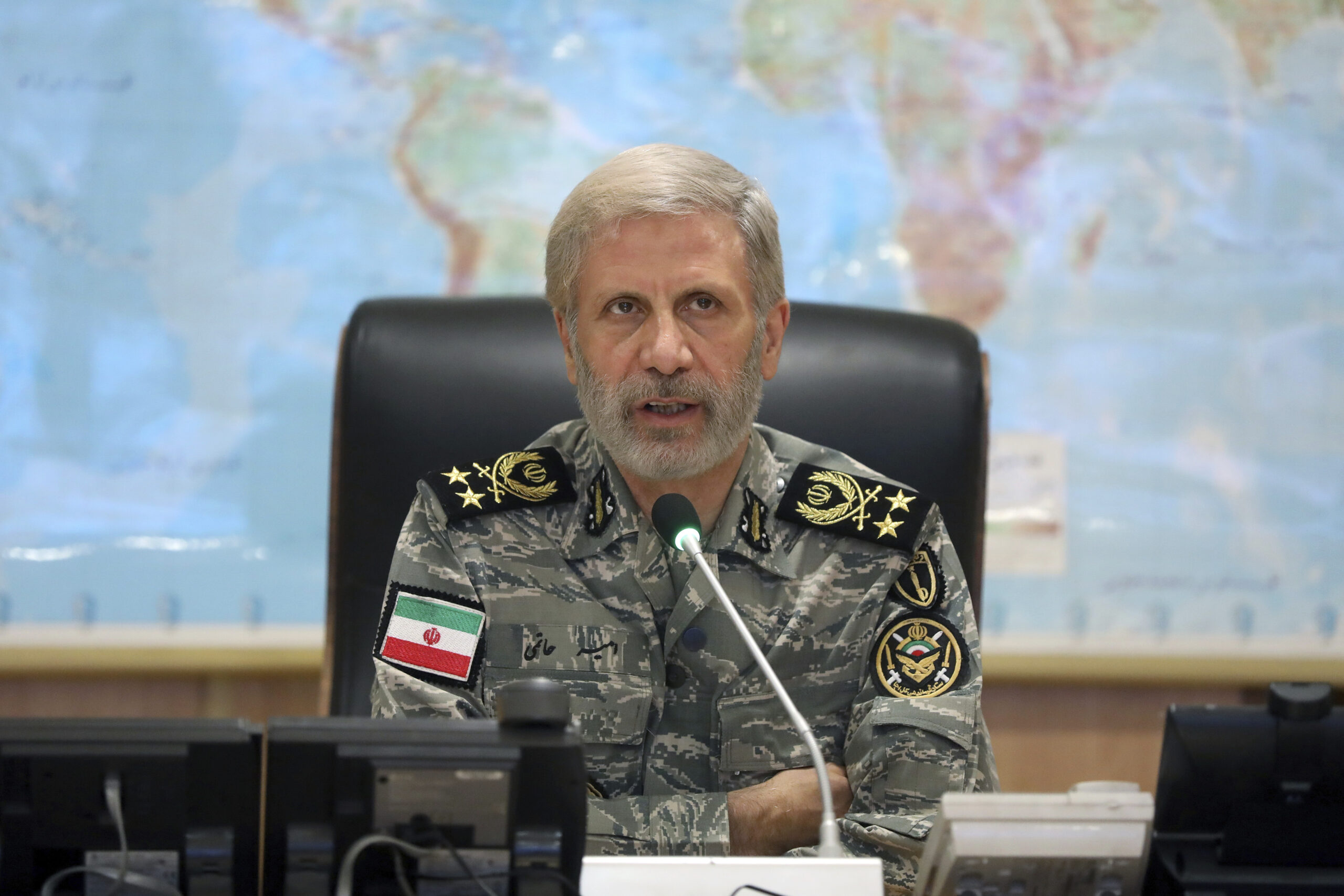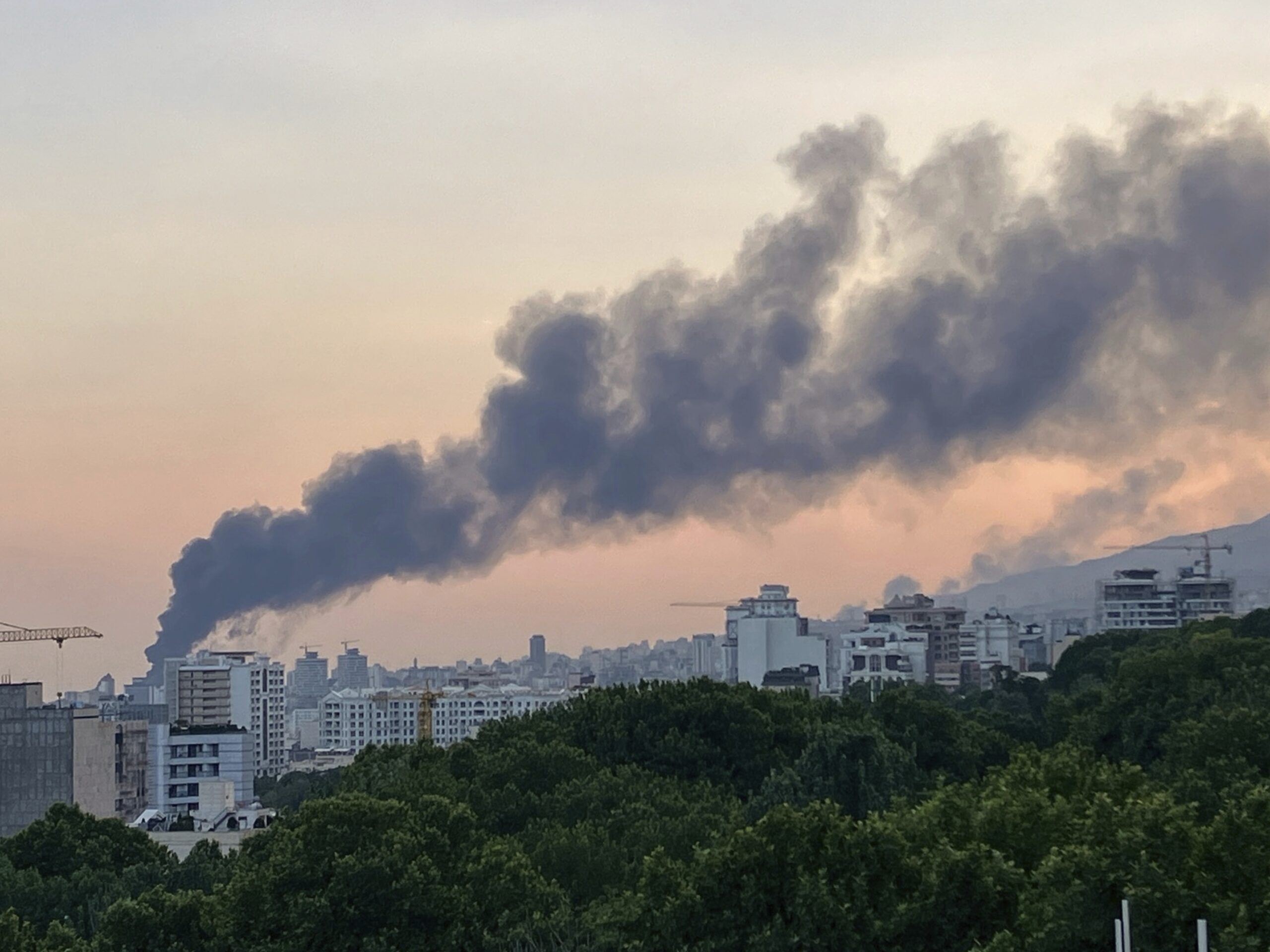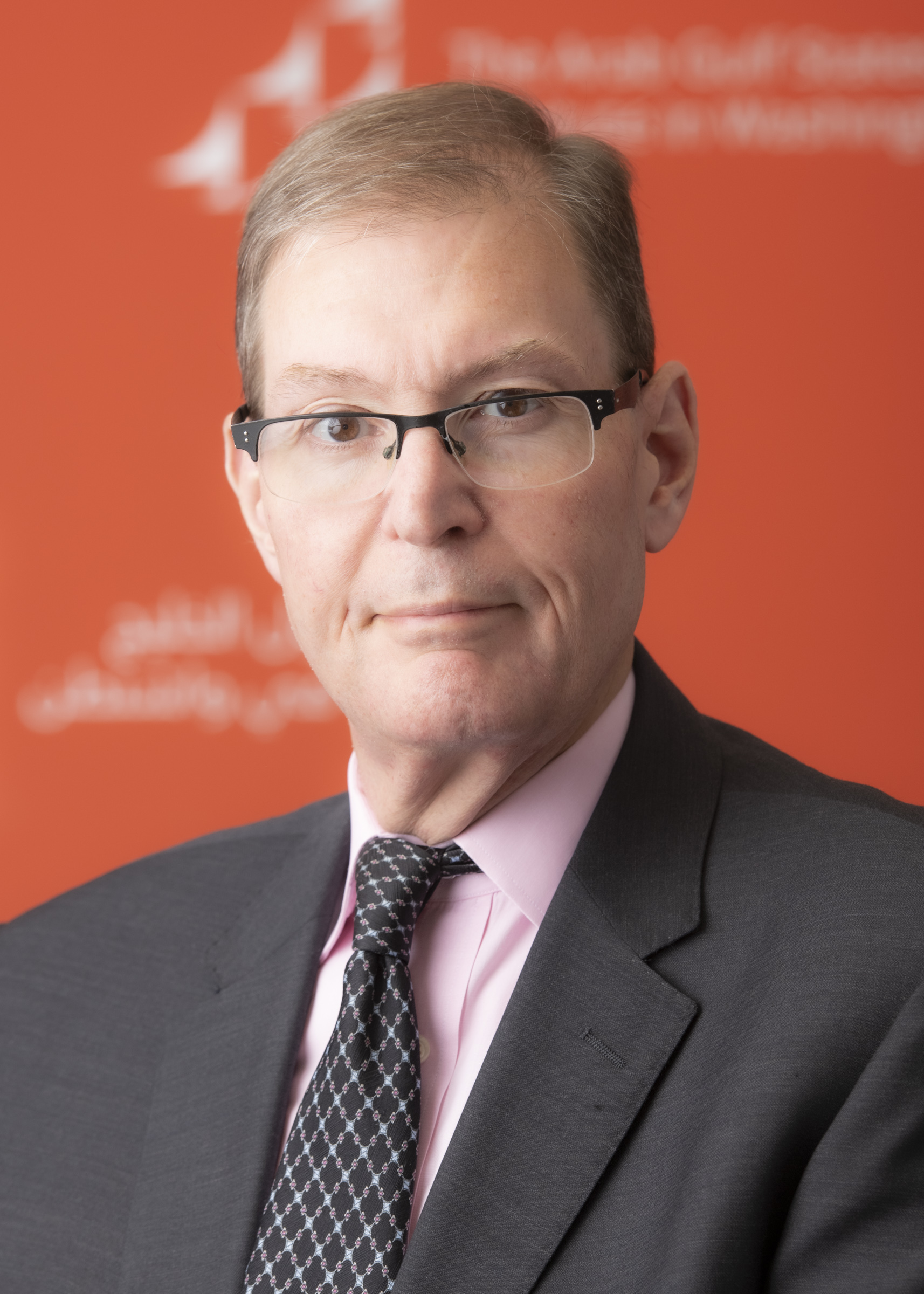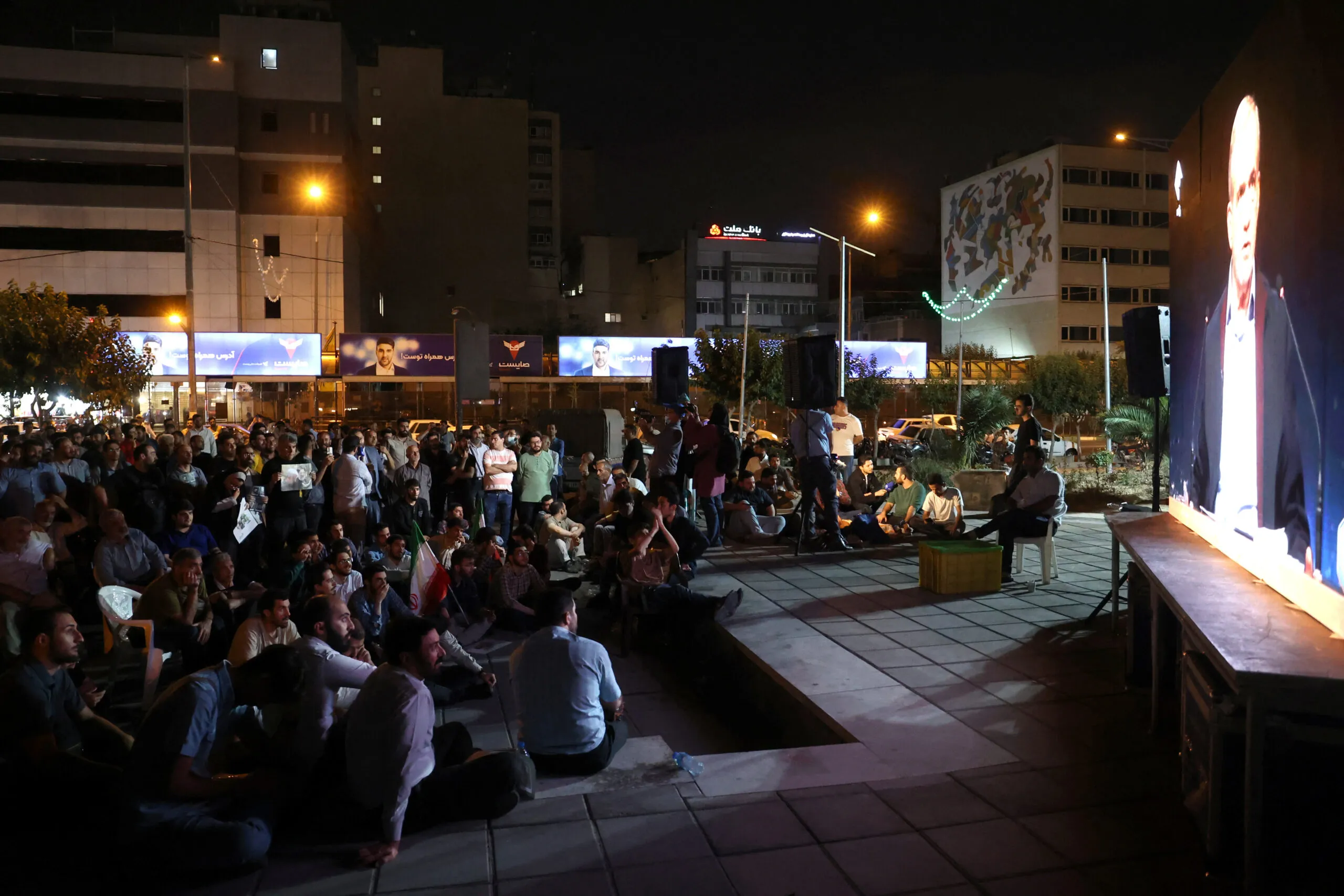Jan 16, 2024
Tehran Does Not Expect Major Escalation in the Red Sea
The January 16 edition of the Iran Media Review highlights reactions to recent U.S. and allied strikes against Houthi targets.
Iran strongly condemned the U.S.-led coalition’s January 11 strikes against Houthi targets, which, according to U.S. Central Command, were intended to degrade the Houthis’ “capability to continue their illegal and reckless attacks on U.S. and international vessels and commercial shipping in the Red Sea.” However, the regime does not appear overly concerned about a major escalation in the conflict with the United States in the Red Sea, which may in part be due to Tehran’s perception of the Houthis as expendable pawns on the grander regional chessboard.
- January 12: Supreme National Security Council mouthpiece Nour News condemned what it termed “British-American aggression against Yemen.”
- January 12: Islamic Revolutionary Guard Corps mouthpiece Tasnim News reported that the Houthis, “in response to aerial attacks by the United States, Britain, and other countries against targets in Yemen, fired missiles against the vessels of the aggressors in the Red Sea.”
- January 12: Rahbord-e Moaser (Contemporary Strategy), which appears to be a government-linked think tank, released two reports on the ongoing conflict in Yemen:
- In “Strategic Dimensions of the U.S.-Ansar Allah Confrontation in the Red Sea,” analyst Mostafa Mottahari concluded: “The evolution of the coalition does not mean the evolution of the war on the ground” in Gaza “into a direct confrontation between Washington and its newly established maritime coalition and Sanaa. In reality, Washington is trying to manage and restore the balance in the Red Sea … So, the maritime coalition will for the most part try to secure vulnerable ships.”
- In “Yemen’s Instruments to Decisively Respond to Anglo-American Aggression,” analyst Hassan Hanizadeh argued: “It is possible that Ansar Allah will target countries that are members of the American maritime coalition with ballistic missiles. This may spread the war.” He continued: “The West-East internet cable goes through the Bab el-Mandeb strait and the Red Sea. Should Ansar Allah desire to cut this important internet cable, the entirety of Europe will be faced with a great challenge, and the world, too, will not be unimpacted by it. Separately, Ansar Allah’s ballistic missiles may once again target the occupied territories,” referencing Israel.
The views represented herein are the author's or speaker's own and do not necessarily reflect the views of AGSI, its staff, or its board of directors.























